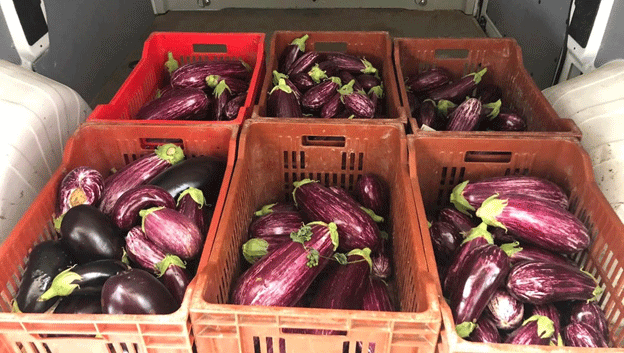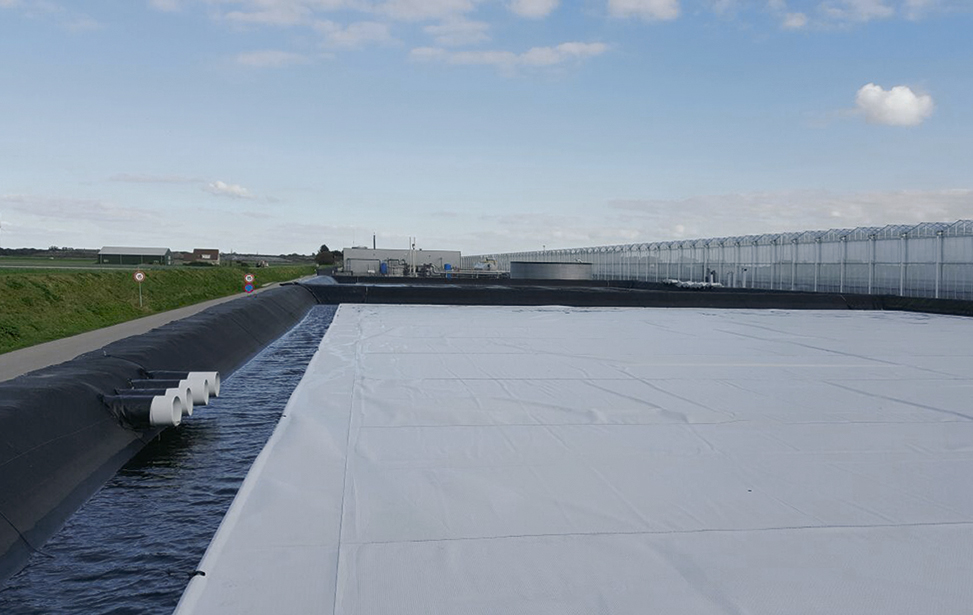As the days shorten and the chill of winter begins to set in, farmers and consumers alike shift their focus from summer’s abundance to winter’s sustenance. For Mylène at Serre Bio Val in Saint-Cyr-en-Val, this transition has been made easier by the innovative use of greenhouses. Despite a challenging year marked by heavy rains, the protected environment of the greenhouses ensured a successful harvest. “Being under the greenhouse saved us from many issues, so we’re happy with the outcome,” Mylène shares.
Extending the Season with Greenhouses
The use of greenhouses has increasingly become a crucial tool for farmers across Europe in managing erratic weather patterns caused by climate change. According to recent studies, greenhouses extend growing seasons by providing a controlled environment that mitigates the impact of rain, wind, and cold temperatures. In France, this practice is becoming more common, with a 10% annual increase in greenhouse farming since 2018, as farmers seek to stabilize yields in response to unpredictable weather conditions.
At Serre Bio Val, the advantages of this technology are evident. Mylène is still offering late-season vegetables such as tomatoes, zucchinis, peppers, and eggplants, even as the outdoor picking season winds down. For farmers, this means a more consistent income stream, and for consumers, it means fresh, locally-grown produce long after the typical outdoor growing season ends.
Winter Preparations at Serre Bio Val
As winter approaches, Serre Bio Val’s operation shifts from pick-your-own vegetables to a weekly local market. Every Friday from 9 AM to 6 PM, Mylène will open her farm store to offer an array of organic winter vegetables, including sweet potatoes, leeks, parsley, purslane, and spinach. These hardy crops thrive in colder temperatures and provide vital nutrients during the winter months. According to the French National Institute for Agricultural Research (INRA), organic winter vegetables are not only a crucial part of sustainable agriculture but are also seeing rising consumer demand due to their health benefits and environmental impact.
“Winter vegetables, like leeks and spinach, are packed with vitamins and minerals that support the immune system during the cold months,” explains a representative from INRA. “They also have a lower environmental footprint because they require less energy-intensive cultivation techniques compared to imported produce.”
Engaging with the Community
Mylène is committed to staying connected with her local community. Through the Serre Bio Val Facebook page, she shares updates on what’s available each week and invites customers to continue their engagement with the farm. Social media has become an essential tool for farmers, allowing them to keep consumers informed about what’s in season and maintain transparency about their farming practices.
Beyond providing fresh produce, Serre Bio Val fosters a deeper connection between consumers and the land. The farm encourages visitors to come and pick their own vegetables during the summer and fall months, and even in winter, the farm store ensures the supply of local, fresh produce. This model not only supports the farm’s sustainability but also strengthens the local food economy by reducing the need for imported goods.
Serre Bio Val’s successful adaptation to seasonal changes through the use of greenhouses and winter markets offers a model for sustainable farming in unpredictable climates. By extending the growing season and maintaining a direct connection with consumers, Mylène ensures that her community has access to nutritious, organic vegetables throughout the year. As climate variability continues to challenge traditional farming, greenhouses and local markets like those at Serre Bio Val are key to securing a sustainable future for agriculture.










